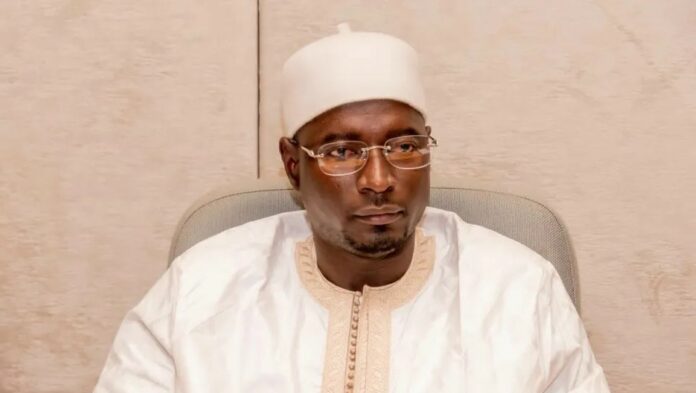By: Alieu Jallow
The Gambia’s Deputy Speaker, Seedy Njie, stated that the country is committed to achieving universal access to electricity by 2025. He made these remarks at the 149th Inter-Parliamentary Union Assembly in Geneva.
“The government of The Gambia, under the leadership of His Excellency President Adama Barrow, is committed to achieving universal access to electricity, aiming for 100% coverage by mid-2025. The 23 megawatt (MW) Jambur Solar Power Plant, completed in 2023, is a landmark achievement in expanding our renewable energy capacity and reducing greenhouse gas emissions,” he said.
The Deputy Speaker highlighted that The Gambia offers valuable lessons in community-based natural resource management and climate resilience. He noted that in 2017, The Gambia gained global recognition for being one of the few nations to meet its national climate goals under the Paris Agreement. He attributed this success to the nation’s proactive approach to environmental challenges, focusing on local climate adaptation solutions.
“Our climate leadership continues with our second Nationally Determined Contribution (NDC2), which outlines our commitment to reducing greenhouse gas emissions by 49.7% by 2030, focusing on key sectors such as energy, waste management, and agriculture. By leveraging science, technology, and innovation (STI), The Gambia has adopted renewable energy solutions, including the 20MW solar PV plant under the Gambia Renewable Energy Program (GREP),” he explained.
Additionally, Deputy Speaker Njie emphasized that the government has also digitalized social protection systems, aligning with the global agenda to harness STI in achieving SDG 1, which aims to eradicate poverty.
“The Gambia Social Protection Single Registry, launched in 2021 with support from the World Bank, serves as a unified database identifying vulnerable households nationwide. This system ensures that key social protection programs, such as cash transfers and entrepreneurial loans, reach those most in need,” he stated.
With ongoing conflicts in various regions, Mr. Njie stressed that Gambia’s leader, who doubles as the Chairman of the Organisation of Islamic Cooperation (OIC), has raised concerns about areas like the Sahel, where terrorist groups operate, and conflict-ridden regions such as the Democratic Republic of Congo and Sudan. He emphasized that technology plays a decisive role in restoring peace and urged the global community to do more to harness STI for peace in regions plagued by violence, resource competition, and political instability.




